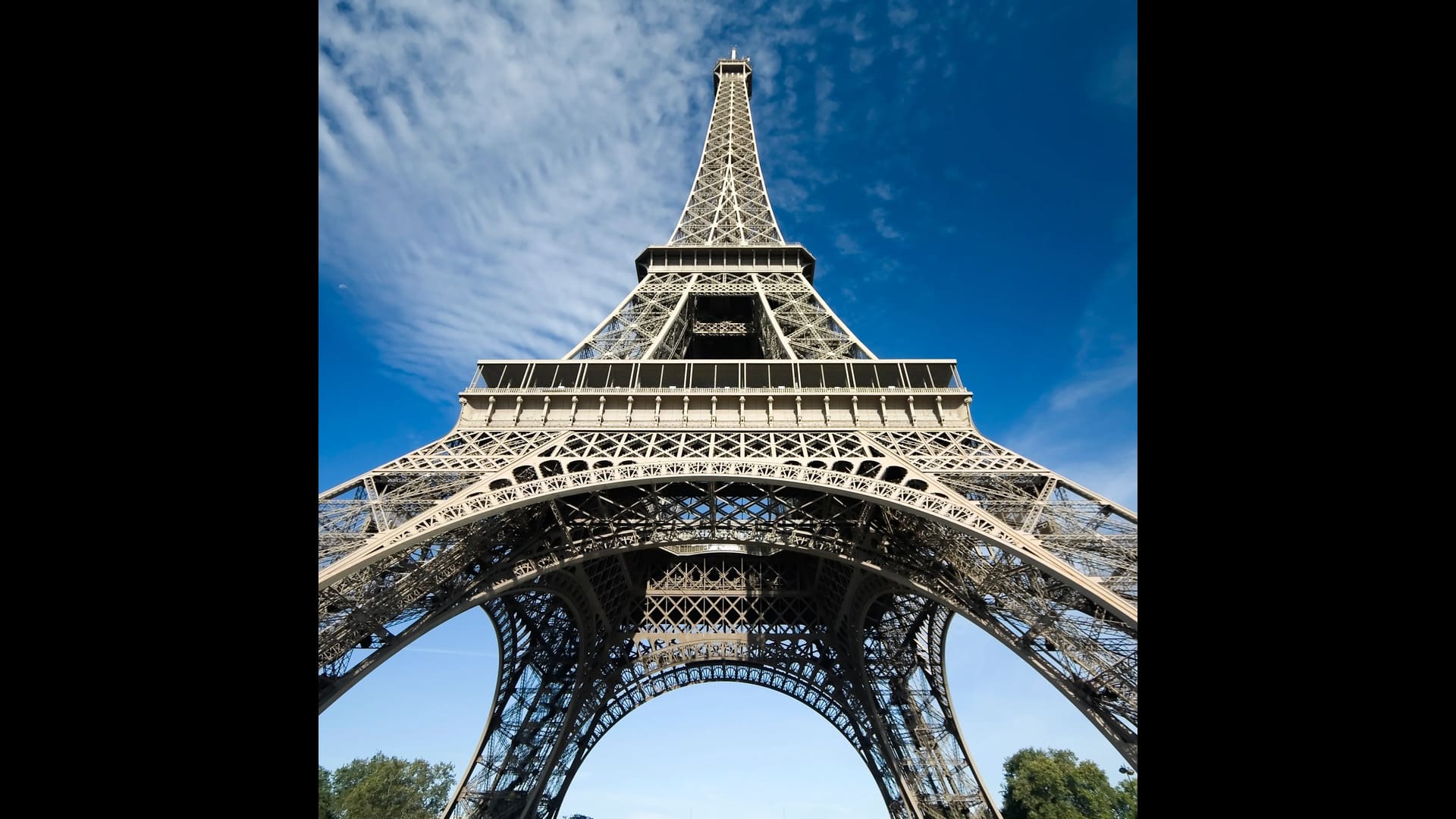Bangladesh's highest court has upheld the ban on Jamaat-e-Islami, the country's largest Islamist party, from participating in polls, exacerbating political tensions in the run-up to the crucial January elections. Lawyers confirmed the decision, highlighting the enduring legal battle surrounding the party's eligibility to engage in the democratic process.
Jamaat-e-Islami, a major opposition force boasting millions of supporters, faced the initial ban in 2013 when high court judges deemed its charter in violation of the secular constitution of Bangladesh—a nation with a Muslim majority totaling 170 million people. This decision marked a turning point in the party's political trajectory, excluding it from electoral contention.
The ban persisted through subsequent elections in 2014 and 2018, prompting Jamaat to seek recourse in the Supreme Court to challenge the order. However, the recent decision by the highest court to maintain the prohibition underscores the deep-seated legal and ideological clash surrounding the party's place in the nation's political landscape.
The ramifications of this ruling loom large as Bangladesh inches closer to the critical January elections. With Jamaat-e-Islami effectively sidelined from the electoral process, the political landscape is poised for a shift, further intensifying the competition among other parties vying for influence and power.
As political tensions escalate, the decision raises broader questions about the balance between secular principles and religious influences in Bangladesh's governance. The exclusion of Jamaat-e-Islami from the electoral arena adds a layer of complexity to the nation's democratic narrative, as it grapples with the delicate interplay of faith and politics on the eve of a crucial electoral juncture.




















